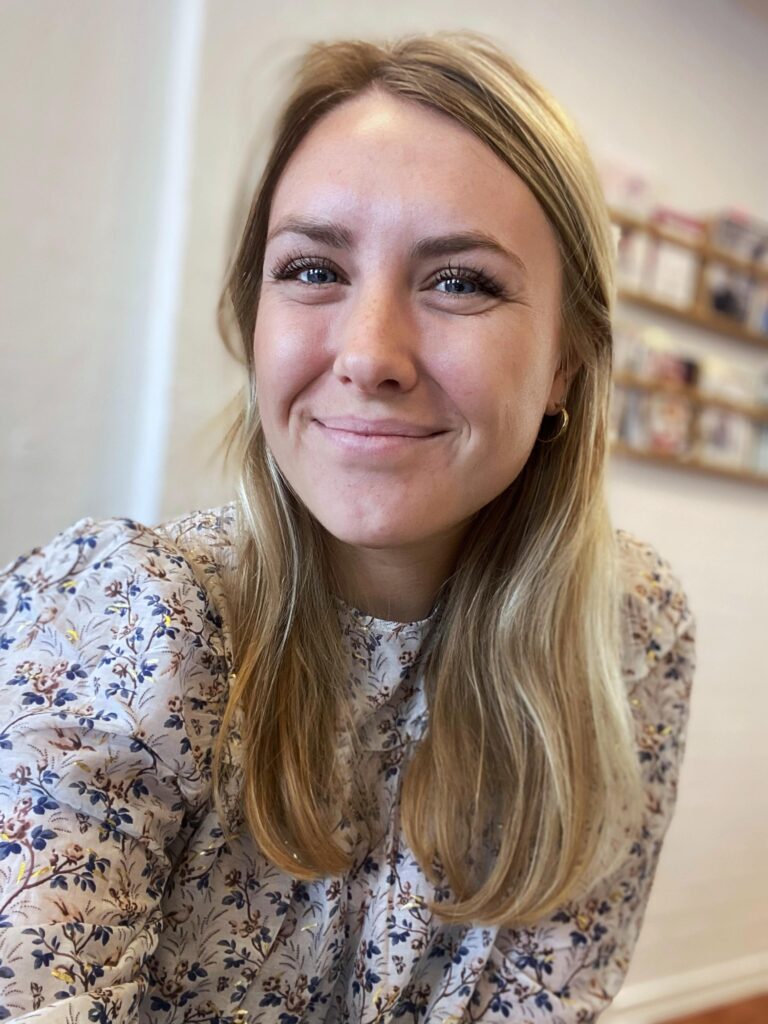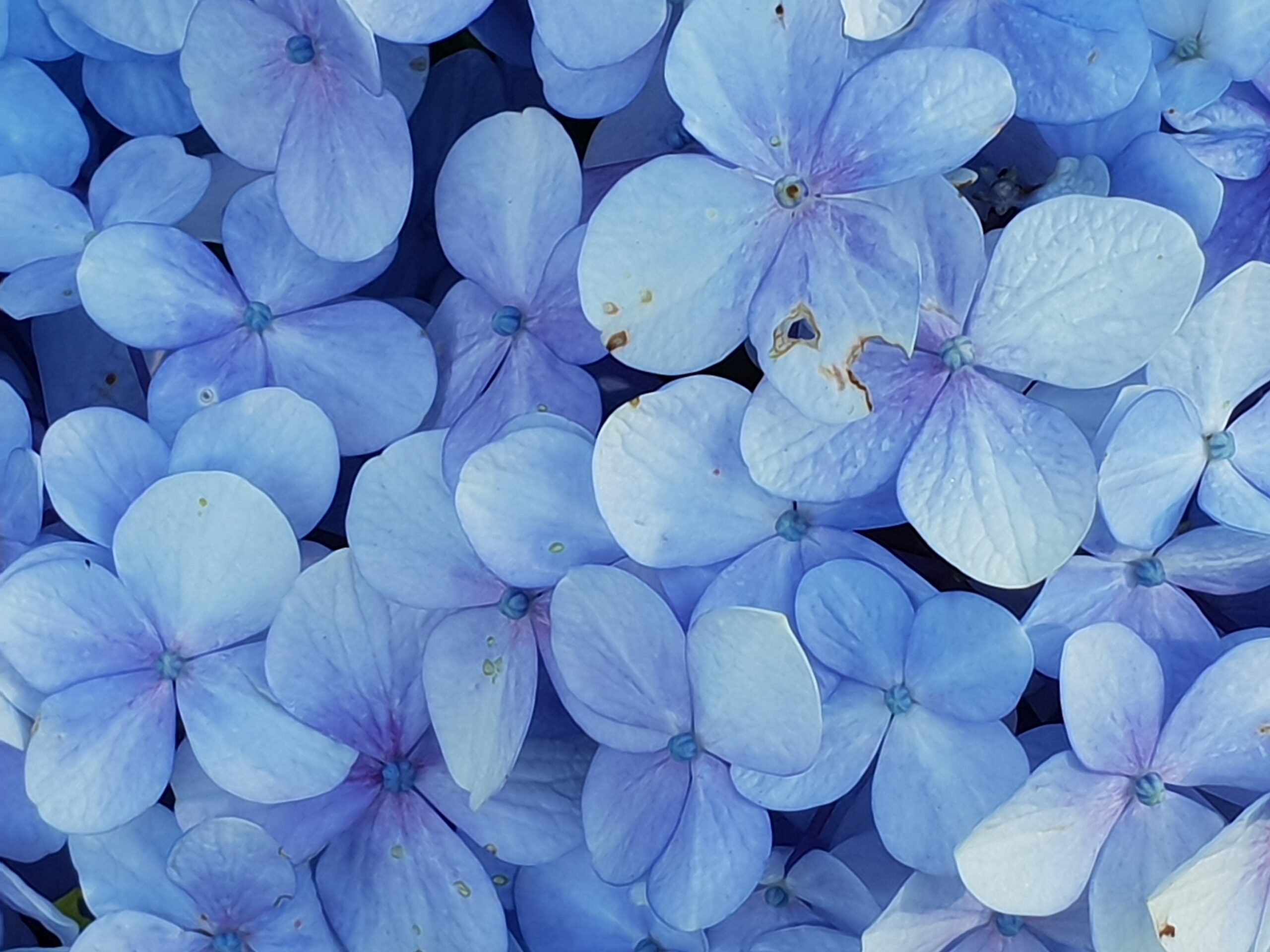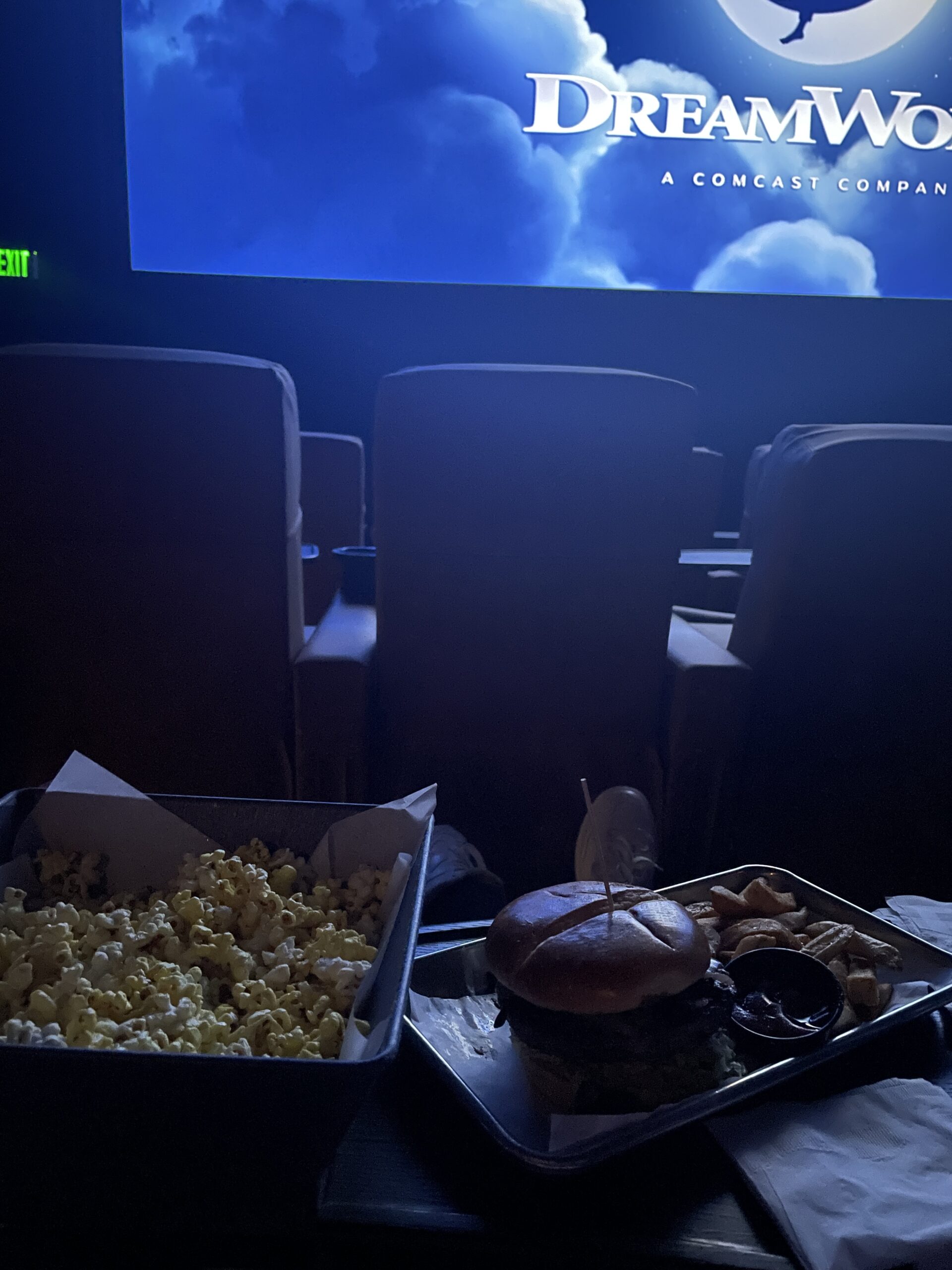Briefly about me
As an introduction to this blog, I would like to tell you a little about myself. My name is Emma, I’m 25 years old. I was born and raised in Aarhus with my mom and dad, and two younger sisters who are twins. I’m currently studying to becoming a nurse, and I’m halfway done. And oh, by the way, I’m a donor child. It is something that I’ve always known. My parents told me openly about it ever since I little. My mom says that I’ve always had the right to know. Maybe she’s right. In any case, this is exactly what I want to tell you in this blog.
Why do I make this blog?
It began about a year ago when a friend of mine asked me about my experience of being a donor child. She and her girlfriend planned to use of a sperm donor, but they felt they were faced with so many unanswered questions.
That started a lot of thoughts in my head. That maybe others could benefit from hearing from a donor child. And hearing what it has meant in my life. Therefore, I have chosen to tell about my upbringing and how it has affected me throughout my young adult life.
In general, I think that in our society, there is a lack of knowledge and positive stories about donor children. The media produced a one-sided picture of what sperm donations in fertility treatment mean. But perhaps it’s not all that black and white.
I don’t tell my story as “the right one”. I’m just another perspective into how it is to be a donor child.
What am I working on?
I am currently writing a book, about my experiences and knowledges as a donor child, in collaboration with Anne who is a journalist. In the book, we have invited experts from different fields to participate. The book will therefore be a mixture of my personal experiences and stories, but also good advice from researches, doctors and psychologists. I hope my book can help future parents who needs assistance from a donor, but also to help donor children and donors. I would like to share a more positive view on the life of a donor child, and I’m ready to share own experiences.
In this occasion, I have been asked to speak at the Cryos Symposium in May. At the Symposium there will be people attending from all over Europe. They all have something to do with the fertility industry. I have to give a presentation on who I am, what we have done in my family and what it has meant to me that my donor was anonymous. Other than that, I’m going to sit in a discussion panel with some of the other participants at the symposium.
Both projects are both incredibly exciting but also very nerve wrecking. I just hope that I can make a difference.
That a brief telling about who I am and why I’m doing this blog. I sincerely hope that you will find it interesting and keep reading in the future.
Hugs Emma Grønbæk







